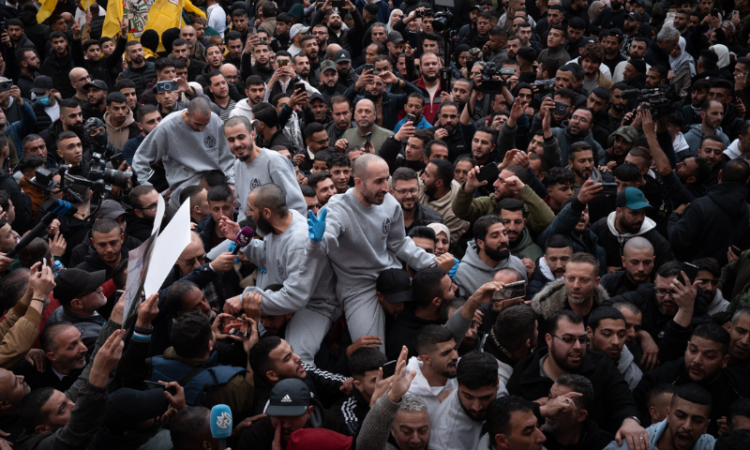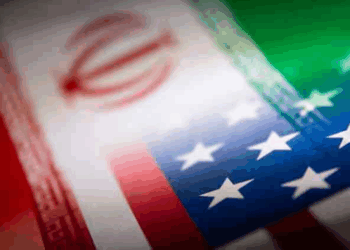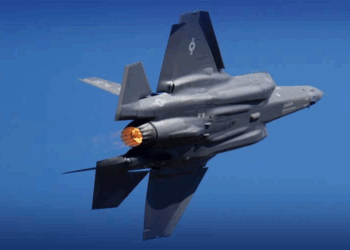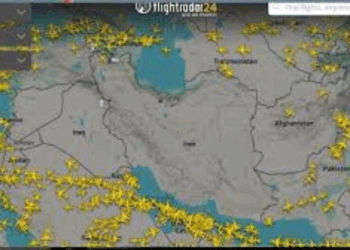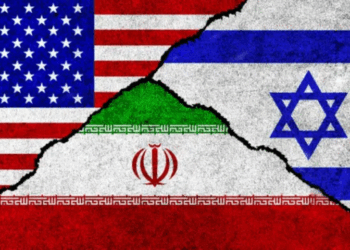Gaza/Tel Aviv, February 24, 2025: Israel has linked the next phase of the ceasefire agreement to new conditions, including the disarmament of Hamas and full Israeli security control over Gaza, delaying the release of Palestinian prisoners.
According to the Israeli newspaper Yedioth Ahronoth, Israel is willing to end the war if these demands are met. The report, citing an informed source, also stated that Israel remains focused on retrieving the bodies of Israeli captives and is concerned about “humiliating ceremonies” accompanying the return of Palestinian detainees.
The source further suggested that if Hamas’ disarmament, the demilitarization of Gaza, and the removal of Hamas and Islamic Jihad leaders are not achieved, Israel will resume full-scale military operations.
Israeli Energy Minister Eli Cohen, a member of the security cabinet, reinforced this stance, listing four conditions for advancing the ceasefire including release of all Israeli prisoners, removal of Hamas from Gaza, complete disarmament of the Gaza Strip and Israeli security control over the territory.
Cohen also reiterated his support for annexing the occupied West Bank, further complicating negotiations.
The Palestinian resistance movement Hamas declared on Monday that it would not engage in further ceasefire and prisoner exchange negotiations unless Israel fully implements the first phase of the agreement.
Hamas spokesman Abdul Latif Al-Qanou accused Israel of deliberately delaying the process, particularly by stalling the seventh batch of Palestinian prisoner releases scheduled for Saturday.
“The failure to implement the humanitarian protocol and the postponement of prisoner releases prove Israel’s lack of seriousness in continuing the agreement,” he stated, blaming Israeli Prime Minister Benjamin Netanyahu for prioritizing political interests over the lives of Israeli prisoners in Gaza.
Hamas has informed mediators of Israel’s alleged violations and is awaiting their response. Al-Qanou urged international actors to pressure Israel into fulfilling its obligations.
The ceasefire, which began on January 19, is structured into three 42-day phases, each requiring negotiations before proceeding. Hamas has accused Israel of hundreds of violations during the first phase, including restricting the return of displaced Palestinians to northern Gaza, shelling and targeting civilians, obstructing humanitarian aid and delaying essential medical supplies
As part of the deal, Hamas was set to release six Israeli prisoners in exchange for Palestinian detainees, followed by four bodies on Thursday. However, Netanyahu’s office stated on Sunday that the release of Palestinian prisoners would remain postponed until further notice, citing concerns over public celebrations upon their return.
Meanwhile, Steve Witkoff, US President Donald Trump’s envoy to the Middle East, announced plans to visit the region this week to negotiate an extension of Phase 1.
“We have to get an extension of Phase 1,” Witkoff told CNN, confirming his Wednesday visit to discuss the agreement.


